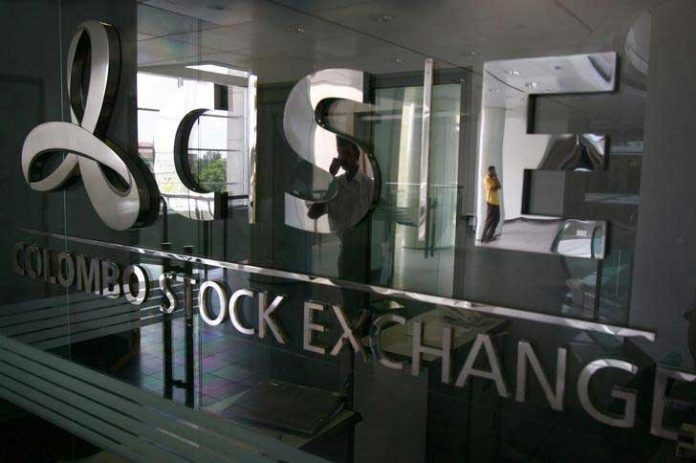Investment flows from the Scandinavian region to the Sri Lankan stock market have made a noteworthy improvement in recent years, where inward investments have grown by 39% per annum (CAGR) since 2013. Rs. 2.4 billion in foreign purchases recorded from Sweden so far in 2018 marks a new high for investment flows into the stock market from the country, where the inflows recorded within the first five months of the year have bettered the previous high of Rs. 1.6 billion recorded in 2014.
Scandinavian countries collectively have invested Rs. 8.2 billion in local equities in 2018 YTD, 23% of the total foreign purchases during the period. Foreign purchases originating from Norway also most recently recorded an all-time high, with Rs. 7.6 billion worth purchases establishing a new record in 2017, during a year that established new all-time yearly foreign purchase records for 11 countries.
Commenting on emerging investment flows from non-traditional markets, the Head of Market Development at CSE Mr. Niroshan Wijesundere stated “The stock market has seen encouraging foreign investor interest since 2017, particularly from traditional markets. The emergence of non-traditional segments such as the Scandinavian region in particular offers further encouragement, and highlights the value proposition the market offers at present and its ability to attract the interest of investors from around the world. The sustainable way forward for the Sri Lankan stock market is to consolidate on foreign investment strongholds while also actively pursuing new countries that are indicating positive investment trends in Sri Lanka, and this is set to be a main focus in our international investment promotion strategy going forward.”
ASPI steady when compared to emerging and frontier market indices
Meanwhile, the Sri Lankan Benchmark All-Share Price Index (ASPI) has indicated relative stability in 2018 amid a noteworthy overall decline in frontier and emerging markets. The MSCI Emerging Markets Index, which captures large and mid-cap representation across 24 Emerging Markets countries, has declined in 2018 by 1.88%, while the MSCI Frontier Markets Index, which captures large and mid-cap representation across 29 Frontier Markets countries has declined by 8.37% – indicating the downturn markets have faced in 2018. The CSE ASPI is presently in positive territory for 2018, with a positive YTD return of 1.32%. The ASPI has remained positive during a period where certain main indices in other Asian markets have indicated negative returns.
A feature of the Sri Lankan Stock Market has been the fact that our market is largely not sensitive to developments in global markets, which has often worked to our advantage, especially when attracting fund allocations by frontier market focused foreign portfolio investors, as it gives them an opportunity to diversify. This unique feature and attractive valuations the market offers at present with a market P/E valuation of 10.83, which is significantly lower than our regional peers, is likely to further capture the attention of portfolio investors that are in the lookout for diversification opportunities,” Mr. Wijesundere added.
















